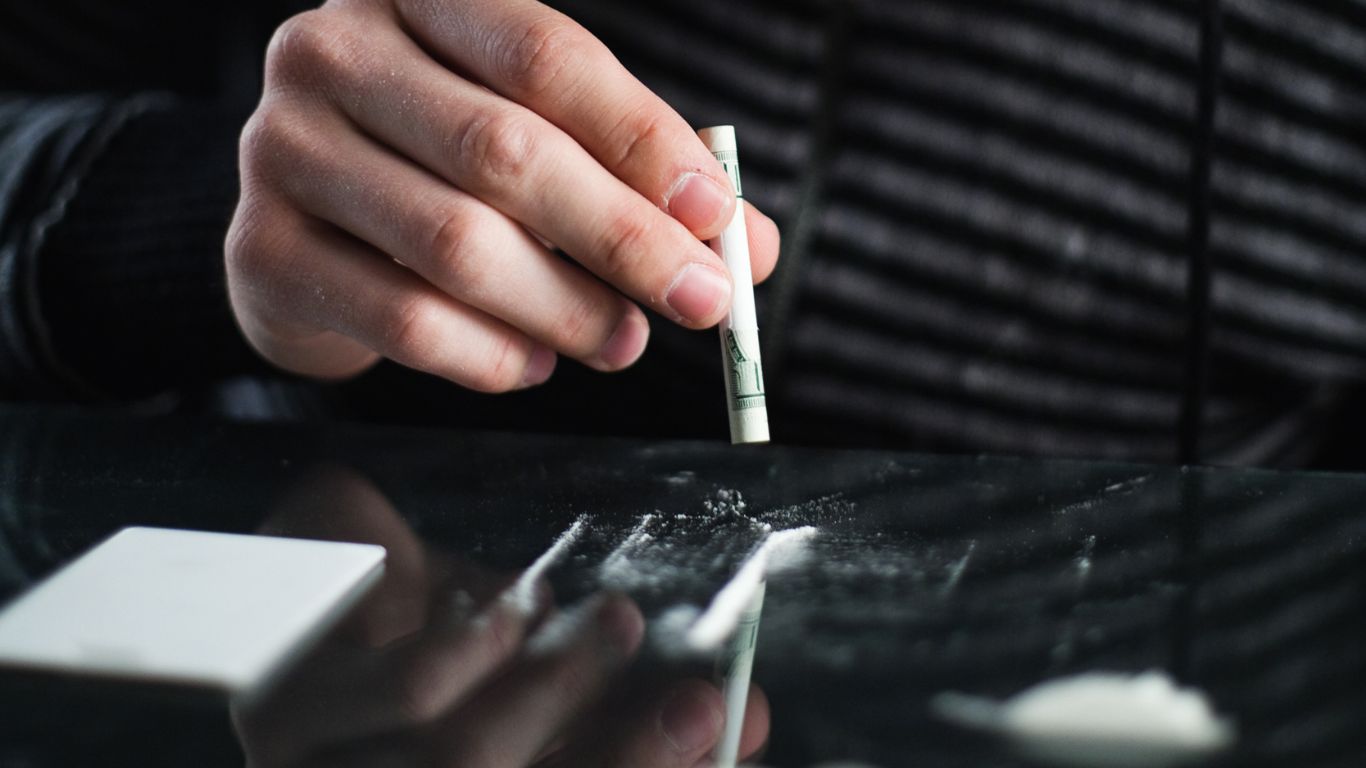What is Cocaine?
Cocaine is categorized as a powerful stimulant substance which gives an individual who take it a unique high with energy that they may have never felt before. There are several reasons why a person may fall prey to the hold of cocaine. For example, there are some people who give into peer pressure and try cocaine once and fall into the trap of substance abuse quickly. There are other people who use cocaine in addition to another substance. For instance, it’s not uncommon for a person who is suffering from an alcohol addiction to also suffer from an addiction to cocaine due to the fact that cocaine can provide them with a sobering feeling which gives them the illusion that they can continue to drink. However, this is ultimately something that could lead to either a drug overdose or it could lead to alcohol poisoning, both of which can be potentially deadly.
If you’re struggling with an addiction to cocaine addiction and you’re concerned about the long-term effects of cocaine abuse, it’s imperative that you get the help and the care that you need.
Long Term Effects of Cocaine on the Heart
The heart is one of the organs that can suffer the most as a result of cocaine addiction. There are several ways that cocaine can trigger long term impact on your heart including:
- Blood clots
- Heart attack
- Stroke
- Increased blood pressure
- Tachycardia
- Arrhythmia
One of the main details that we will review with you when you come to TruPath for treatment is your health history. During this process, we will help you to address any health conditions that you may be facing as a result of your substance abuse so that you can heal both physically and psychologically from the impact of your addiction.
Long Term Effects of Cocaine on the Brain
Cocaine is a substance that can also have an immediate and direct impact on your brain and your brain function. Examples of long term effects of cocaine on the brain can include:
- Seizures
- Issues with muscle weakness
- Physical changes to the brain
- Mood disorders
- Speech issues
Effects of Cocaine on Your Psychological Health
It’s important not to overlook the toll that cocaine can take on your psychological health. Addiction is something that changes the very chemistry of your brain. Therefore, at some point, you will begin to experience the impact of your addiction in your psychological health. As part of your recovery process, you will need to participate in different forms of addiction therapy. This will help you to heal from the impact of addiction on your life and it will also help you to identify the root cause of your substance abuse. Here are just some examples of addiction therapy that you can expect to experience during your time in treatment:
- Group therapy
Group therapy is a form of counseling that allows you to interact with others that are working through their own treatment program. Through listening to these other individuals and also sharing your own thoughts and experiences. Group therapy is something that will greatly remind you of an NA or an AA meeting and can provide you with a level of support which will help you to work through the contributing factors of your addiction. - Individual therapy
Individual therapy is something that provides you with a personal touch on your substance abuse issues. There may be several details in your life that you simply don’t feel comfortable sharing in a group setting. Our team will work closely with you so that you can face all of these challenges head on and get the support that you need during this time. - Family therapy
Sadly, family relationships are something that are greatly impacted as a result of substance abuse. Family members either don’t understand addiction or they have been hurt so much by the actions of the family member who is under the influence of addiction that they simply don’t know any other way to react than shut themselves off to the issues of addiction. If you and your family are struggling with the long term effects of cocaine, family therapy is something that may help you to put your relationship with them back together.
Get Help With Cocaine Addiction at TruPath
At TruPath, we focus on providing our clients with the help and the care that you need to work through your cocaine addiction once and for all. Whether you’re concerned about the current long term effects of cocaine abuse that you’re experiencing or you’re struggling with another type of addiction, we encourage you to get in touch with our treatment team to learn more about the treatment options that are available to you.
In the majority of cases, you will need to begin your recovery in a detox program. When you’re struggling with a cocaine addiction, you will go through a period of time when you will struggle with withdrawal symptoms. Withdrawal symptoms can range from mild to severe. It’s impossible to predict exactly what type of symptoms you will experience which is all the more reason why you should never attempt to go through the withdrawal process unless you are under the care of trained addiction experts. On average, a detox program will last seven days. Withdrawal symptoms will begin to set in within the first few hours from the last time that you took cocaine which is why you should reach out for help as soon as possible.
The next decision that you will need to make is whether you are going to work through an inpatient or an outpatient treatment program. Inpatient treatment gives you the opportunity to change the people, places and things around you that may be negatively impacting your sobriety. Unfortunately, there are many people who remain lost in the trap of addiction as a result of the people that are surrounding them. When you give yourself the opportunity to change your environment, you give yourself a new lease on life in the sense that you will have the chance to exclusively focus on yourself and start to heal from the impact of addiction. Not only will you have a safe and sober environment to live in during this period of time but you will also have the opportunity to have access to your treatment team around the clock. Additionally, you will also be able to communicate with other people who are working through their own treatment program which is something that can help you to develop a system of support which is something that is critical in your overall recovery journey.
An outpatient treatment program, on the other hand, is something that is specifically designed for individuals who have work or school responsibilities or people who simply don’t feel comfortable with the design of an inpatient program. A partial hospitalization program or an intensive outpatient treatment program is something that is much more flexible which means that you will still be able to see to these other responsibilities in your life while still receiving the help and the care that you need during this time.
If you would like to learn more about the treatment programs that we have available at TruPath, reach out to us today!

